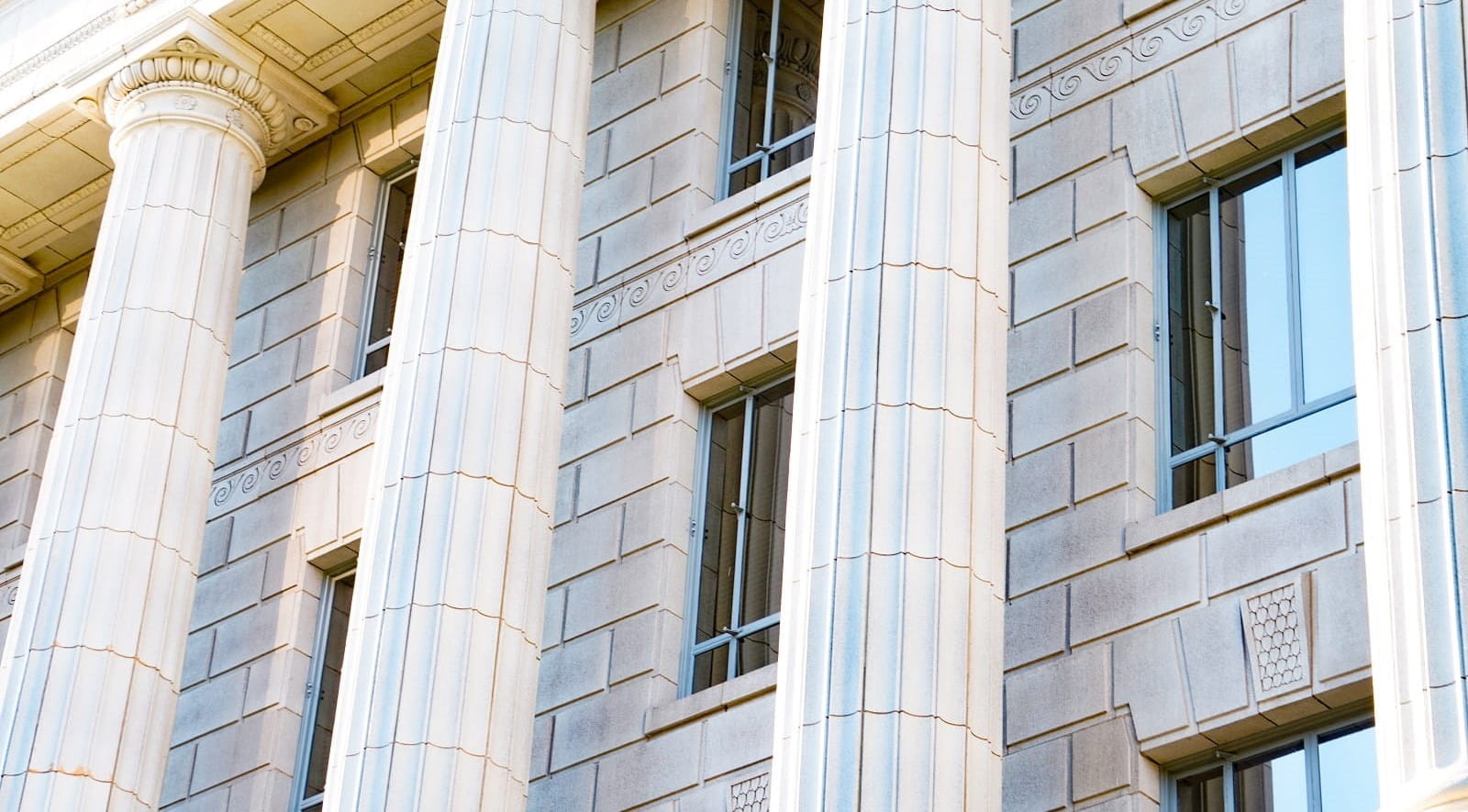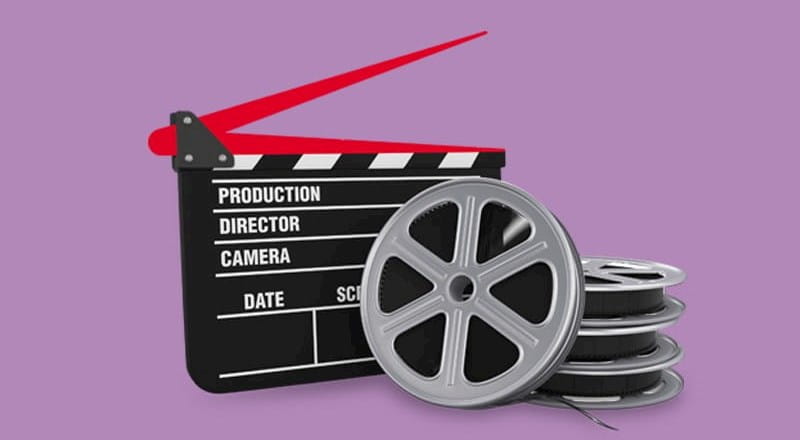It’s 20 years since the adoption of the United Nations Convention Against Corruption (UNCAC), the only legally-binding universal international anti-corruption instrument of its kind, was adopted by the UN General Assembly. The theme of this year’s International Anti-Corruption Day on 9 December is ‘UNCAC at 20: Uniting the World against Corruption’ and seeks to highlight how anti-corruption efforts contribute to peace, security and development.
As a participant in the UN Global Compact, ICAEW supports its 10 principles with respect to human rights, labour, environment and anti-corruption. The tenth principle is that “businesses should work against corruption in all its forms, including extortion and bribery”.
Why preventing corruption is important
Corruption is “the ultimate betrayal of public trust”, according to the UN Secretary General Antonio Guterres, and it “undermines development, security and the rights of everyone. It erodes public trust in systems and institutions”. Corruption hinders peace, security and economic development and impacts areas such as business, sport, access to justice and education. It also weakens the rule of law and democracy, and undermines human rights. Furthermore, “corruption impacts the achievement of all the sustainable development goals” and it is therefore important that we all work together to address it.
According to the World Economic Forum, fighting corruption is key to addressing the world’s most pressing problems, stressing that “economic, political, social and environmental challenges can only be solved with good governance”. The COVID-19 pandemic demonstrated how a health crisis created new opportunities for corruption to thrive and for funds to be diverted away from those who needed them, as well as creating direct risks to health through the sale of counterfeit medicines and manufacture of inadequate protective equipment. Supply chains were manipulated, resulting in unwarranted price increases and contracts being awarded without due process. We need to ensure that lessons are learnt from past crises to protect the most vulnerable from the impacts of corruption in future crises.
UNCAC and the Conference of States Parties
The Convention covers five main areas: prevention measures; criminalisation and law enforcement; international cooperation; asset recovery; and technical assistance and information exchange. There are 190 States parties to the Convention and 140 signatories. UNCAC covers many different forms of corruption including bribery, embezzlement, trading in influence, abuse of functions, illicit enrichment, bribery in the private sector, and laundering the proceeds of crime.
The Conference of the States Parties (COSP) is the main policymaking body of the UNCAC. The conference meets every two years and has the following objectives:
- to improve the capacity of states to implement the Convention;
- to enhance cooperation among States in achieving the objectives of the Convention; and
- to promote and review the implementation of the Convention.
This year the Conference takes place from 11-15 December in Atlanta, USA, and is expected to focus on key issues including a review of the implementation of the Convention, asset recovery, international cooperation, prevention and technical assistance, as well as a follow-up to the special session of the General Assembly on challenges and measures to prevent and combat corruption and strengthen international cooperation.
Uniting leaders for business integrity
Exceptionally, in the margins of this year’s Conference, the United Nations Office on Drugs and Crime (UNODC) and the United Nations Global Compact are co-organising a Private Sector Forum, recognising that business integrity is at the forefront of the private sector’s agenda and the importance of multisectoral cooperation.
The organisers of the Private Sector Forum recognise that “corruption translates into profound risks for companies, from the distortion of markets and unfair competition, to increased costs, missed business opportunities, as well as legal and reputational risks”. They go on to emphasise that “due to the scale and complexity of the issue, neither governments nor the private sector can tackle corruption alone, in fact, major corruption cases frequently occur at the intersection between the two”. This highlights the importance of a multisectoral response to addressing corruption and of working together to implement collective solutions.
The Private Sector Forum will cover the following ground.
- Take stock of milestones achieved since the adoption of the UN Convention against Corruption and Principle Ten of the UN Global Compact, and examine their relevance today.
- Shape the global business integrity agenda based on discussions of common challenges, trends, innovative solutions and priorities in the field of governance and anti-corruption.
- Explore how to further leverage the Collective Action approach to drive impact across the 2030 Agenda and strengthen the ecosystem in which companies operate.
- Determine effective measures States can adopt to incentivise compliance, while ensuring misconduct is sanctioned, and how the private sector can contribute to this endeavour.
- Analyse how a company’s commitment to integrity can be best demonstrated and, in turn, assessed by investors, customers and regulators, through ESG reporting and other mechanisms.
ICAEW will be participating in the Private Sector Forum and also attending the Conference of the States Parties as an observer.
Proposed changes to 'professional behaviour' provisions in ICAEW Code of Ethics
ICAEW is consulting on proposed changes to the fundamental principle of professional behaviour in sub-section 115 of the ICAEW Code of Ethics. To have your say get in touch before 9 February 2024.
Economic crime hub
In these articles and videos, we explore the latest trends and perspectives on economic crime from around the world, and look at how chartered accountants can help prevent it happening.




